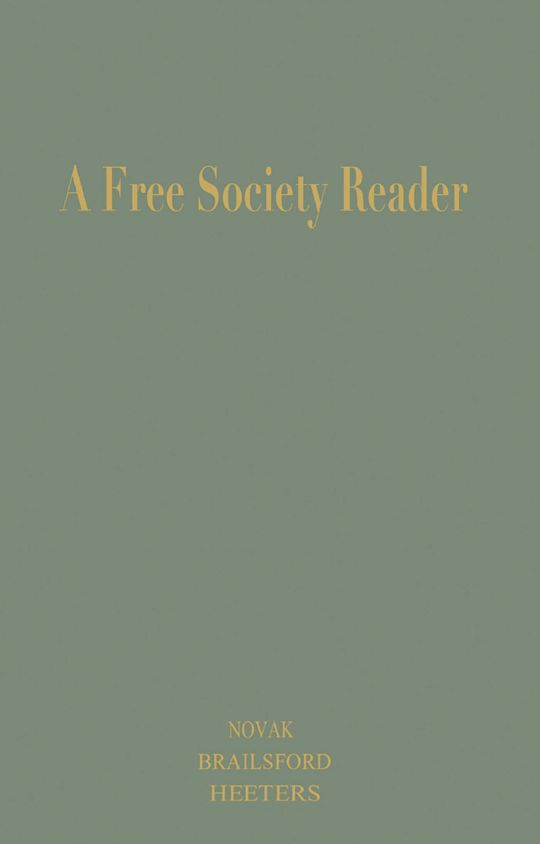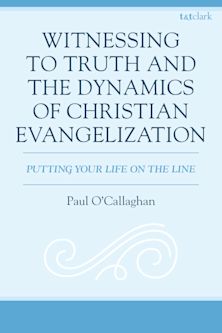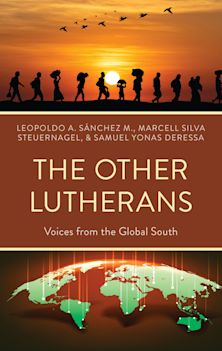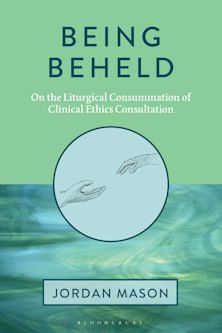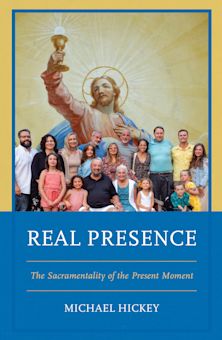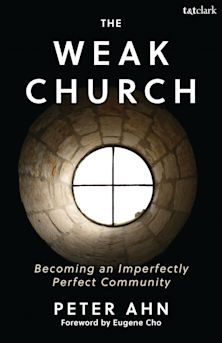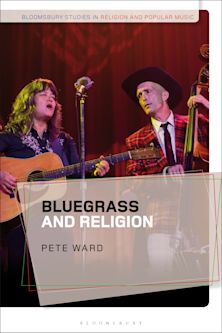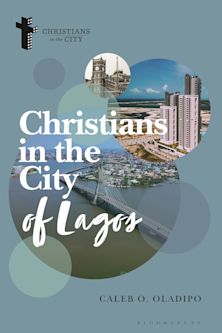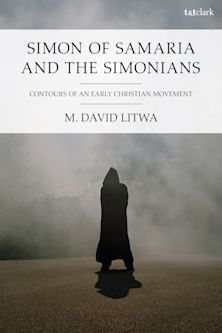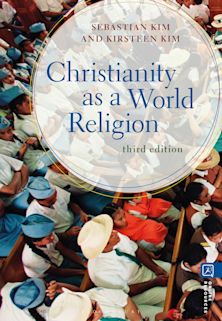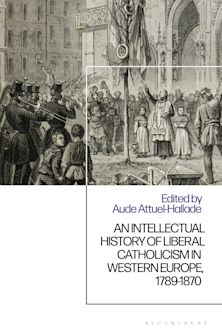- Home
- ACADEMIC
- Religious Studies
- Christianity
- A Free Society Reader
A Free Society Reader
Principles for the New Millennium
Michael Novak (Anthology Editor) , William Brailsford (Anthology Editor) , Cornelis Heesters (Anthology Editor) , Philippe Bénéton (Contributor) , Alain Besançon (Contributor) , Rocco Buttiglione (Contributor) , Russell Hittinger (Contributor) , Ryszard Legutko (Contributor) , Pierre Manent (Contributor) , Richard John Neuhaus (Contributor) , Thomas Pangle (Contributor) , George Weigel (Contributor) , Maciej Zieba (Contributor) , Michael Novak (Foreword)
A Free Society Reader
Principles for the New Millennium
Michael Novak (Anthology Editor) , William Brailsford (Anthology Editor) , Cornelis Heesters (Anthology Editor) , Philippe Bénéton (Contributor) , Alain Besançon (Contributor) , Rocco Buttiglione (Contributor) , Russell Hittinger (Contributor) , Ryszard Legutko (Contributor) , Pierre Manent (Contributor) , Richard John Neuhaus (Contributor) , Thomas Pangle (Contributor) , George Weigel (Contributor) , Maciej Zieba (Contributor) , Michael Novak (Foreword)
You must sign in to add this item to your wishlist. Please sign in or create an account
Description
A Free Society Reader rises to the challenge of freedom in the twenty-first century, offering thoughts and insights with significant implications for citizens of today's brand new world. Our era's most prominent figures in the fields of Christianity and liberty speak about Pope John Paul II's vision of a free society, conceptualize Christianity and political economy, debate issues of democracy and the free society, and question the role of culture. Together for the first time in one volume, these preeminent thinkers provide inspiration and insight to scholars, students, and general readers charting the enormous changes the new millennium has seen.
Table of Contents
Part 2 Preliminaries: John Paul II on Liberty
Chapter 3 Centesimus Annus: The Architecture of Freedom
Chapter 4 Behind Centesimus Annus
Chapter 5 The Liberalism of John Paul II
Chapter 6 The Philosophy of John Paul II
Part 7 Economics and the Free Society
Chapter 8 The Temple in the Polis: Faith Is Not Ideology
Chapter 9 The Monk and the Market: What Does a Priest Need Economics For?
Chapter 10 Property and Creativity
Chapter 11 Christian Economics 101
Chapter 12 How Christianity Changed Political Economy
Chapter 13 The Love That Moves the Sun
Part 14 Democracy and the Free Society
Chapter 15 Christianity and Democracy (Part I)
Chapter 16 Christianity and Democracy (Part II)
Chapter 17 The Church Embraces Democracy
Chapter 18 A New Order of Religious Freedom
Chapter 19 Catholicism and Democracy: Parsing the Other Twentieth-Century Revolution
Chapter 20 The Trouble with Toleration
Chapter 21 The Catholic Moment
Chapter 22 The Pope and the Liberal State
Part 23 Culture and the Free Society
Chapter 24 John Paul II and the Priority of Culture
Chapter 25 Modern Individualism
Chapter 26 The Liberal Paradox: Must Religion Have an Answer?
Chapter 27 True and False Tolerance
Chapter 28 Law and Liberty in Veritatis Splendor
Chapter 29 Against the Adversary Culture
Chapter 30 Truth and Liberty: The Present Crisis in Our Culture
Part 31 Documentation
Chapter 32 Federalist Papers
Chapter 33 Democracy in America
Chapter 34 Centesimus Annus
Chapter 35 What Freedom Is: Homily in Orioles Park at Camden Yards
Chapter 36 John Paul II on the American Experiment
Chapter 37 Letter to the National Prayer Breakfast
Product details
| Published | 06 Sep 2000 |
|---|---|
| Format | Ebook (Epub & Mobi) |
| Edition | 1st |
| Extent | 448 |
| ISBN | 9780739155196 |
| Imprint | Lexington Books |
| Series | Religion, Politics, and Society in the New Millennium |
| Publisher | Bloomsbury Publishing |
About the contributors
Reviews
-
This reader illuminates the critical questions at the juncture between the failure of socialism and the creation of a new society and economy. The discussion is dazzling, original and profound. It is exciting reading.
Jeane J. Kirkpatrick, Georgetown University and the American Enterprise Institute
-
Slowly, steadily, powerfully, a new way of thinking about the relationships among religion, ethics, politics, and economics has emerged in the past several decades. There is no better introduction to the creative groups of thinkers who are forging this new movement, which is as concerned for virtue and responsibility as much as it is for prosperity and liberty.
Robert Royal, Ethics and Public Policy Center









